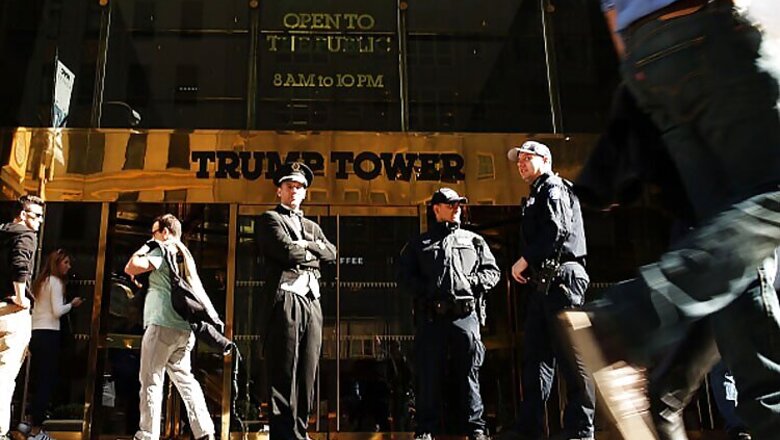
views
Cleveland: Angry confrontations at Donald Trump's campaign rallies have further roiled a raucous primary campaign just ahead of Tuesday's make-or-break contests in five states that offer perhaps the last chance to derail the billionaire's march toward securing the Republican presidential nomination.
In a Republican presidential primary filled with extraordinary moments, a 24-hour stretch that began on Friday night stands above them all.
Protesters were so committed to keeping Trump from speaking in Chicago that they clashed with supporters, forcing the Republican front-runner to abruptly cancel his rally before it even began.
The next morning, two of the candidates still fighting to defeat Trump, Florida Sen. Marco Rubio and Ohio Gov. John Kasich, said they were so disgusted by the chaos that they may not support the billionaire businessman if he clinches their party's nomination.
And when Trump appeared at another rally on Saturday morning in Ohio, he was suddenly pulled midspeech into a protective ring of US Secret Service agents charged with guarding his life after a man leapt over a barrier and rushed the stage.
"Thank you for the warning," Trump told the crowd after he resumed his speech. "I was ready for 'em, but it's much better if the cops do it, don't we agree?"
Each moment has virtually no precedent in modern presidential politics. Taken together, they exposed anew the remarkable anxiety ripping through a country dealing with profound economic and demographic changes, as well as the anger roiling inside one of America's great political parties.
For those cringing at the discord and Trump's unanticipated political rise, there were no easy answers Saturday.
Republican traditionalists kept whispering in private conversations about long-shot options for stopping Trump, either at a contested convention or by rallying around a potential third-party option. Trump, meanwhile, could put the Republican nomination out of reach to others in Tuesday's slate of primaries in five states, including Florida and Ohio, which offer a rich cache of delegates to the party's national nominating convention.
Trump's rivals have spent months tiptoeing around his provocative comments for fear of alienating his impassioned supporters. Even in Thursday night's debate, all three of his remaining rivals — Rubio, Kasich and Texas Sen. Ted Cruz — sidestepped a question about whether outbursts of violence at Trump's rallies and his statements encouraging supporters to aggressively take on protesters concerned them.
But the images spilling out of Chicago, with young people angrily confronting each other, often divided along racial lines, appeared to be too much.
In an interview with The Associated Press, Rubio said he may not be able to support Trump if he's the Republican nominee, citing the way he's "dividing both the party and the country so bitterly."
The Florida senator wouldn't say whether he'd look for a third-party candidate to support if Trump does become the Republican standard-bearer, but added, "The fact that you even have to ask me the question shows why (Trump) is a problem."
Kasich, who has largely avoided tangling with Trump until now, said the real estate mogul has created a "toxic environment" that makes it "extremely difficult" to envision supporting him as the Republican nominee.
"To see Americans slugging themselves at a political rally deeply disturbed me," Kasich said while campaigning in Cincinnati. "We're better than that."
Only Cruz, who is closest to Trump in the delegate count, said he would unequivocally support the businessman if he emerges from the primary victorious. Still, Cruz — eager for Rubio and Kasich to get out of the race after their home-state primaries on Tuesday so he can take Trump on in a head-to-head contest — blamed his rival for encouraging the kind of "nasty violence" that occurred in Chicago.
President Barack Obama, speaking at a Democratic fundraiser in Dallas, said those who aspire to lead the country "should be trying to bring us together and not turning us against one another," and he urged leaders to "speak out against violence."
"If they refuse to do that, they don't deserve our support," he said.
With his delegate lead mounting, there's little evidence that Trump sees any reason to alter an approach that includes encouraging his supporters to aggressively — and sometimes physically — stop protesters from interrupting his raucous rallies.
Instead, Trump said at a rally Saturday afternoon in Cleveland, which was also interrupted several times by dozens of protesters, that he thought all the disruptions would help him.
"It just makes all of our friends and supporters more angry. We're going to go to the polls on Tuesday," he said, predicting a "resounding victory."
Trump appeared eager to paint himself as the victim of the extraordinary events. He complained the well-organized protesters in Chicago intent on keeping him from speaking had violated his constitutional right to freedom of speech, and questioned why no one was asking Bernie Sanders to defend the actions of his backers.
Several of the protesters in Chicago said they are supporters of the Democratic candidate.
"They're Bernie fans!" Trump said in Cleveland. "Hey, Bernie, get your people in line, Bernie!"
Sanders responded with a statement denouncing Trump as a "pathological liar" and said his campaign did not organize the protest at the canceled Chicago rally.
Democratic front-runner Hillary Clinton, campaigning in Missouri, said she found the unrest at Trump's Chicago rally "deeply disturbing." .
Speaking to a largely African-American group of campaign volunteers in St. Louis, Clinton called on voters to stand up to "this tide of bullying and bigotry and blustering that is going on in our political strategy."
"If you play with matches, you're going to start a fire you can't control," she said.










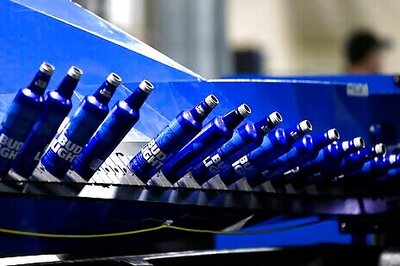

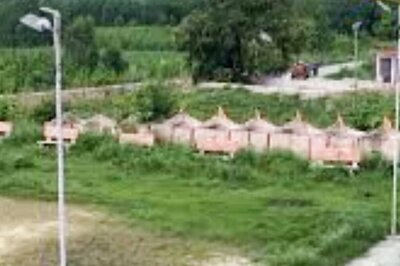
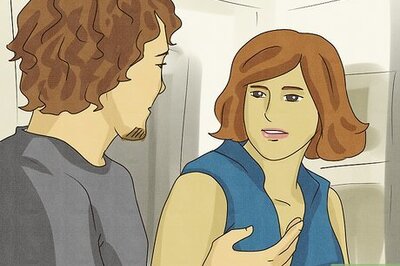
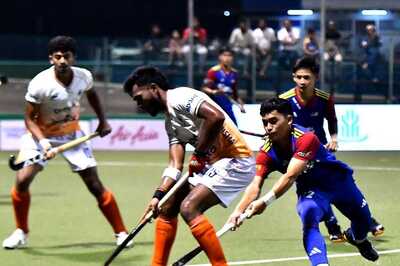


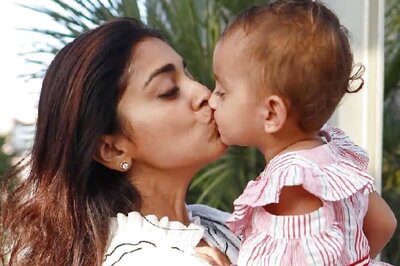
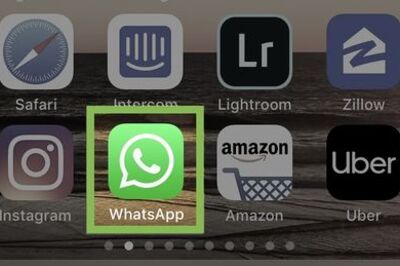
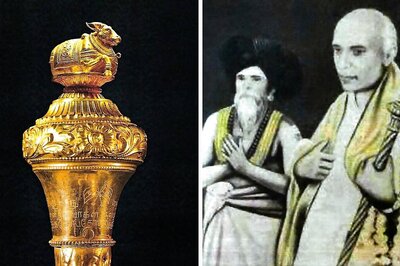
Comments
0 comment